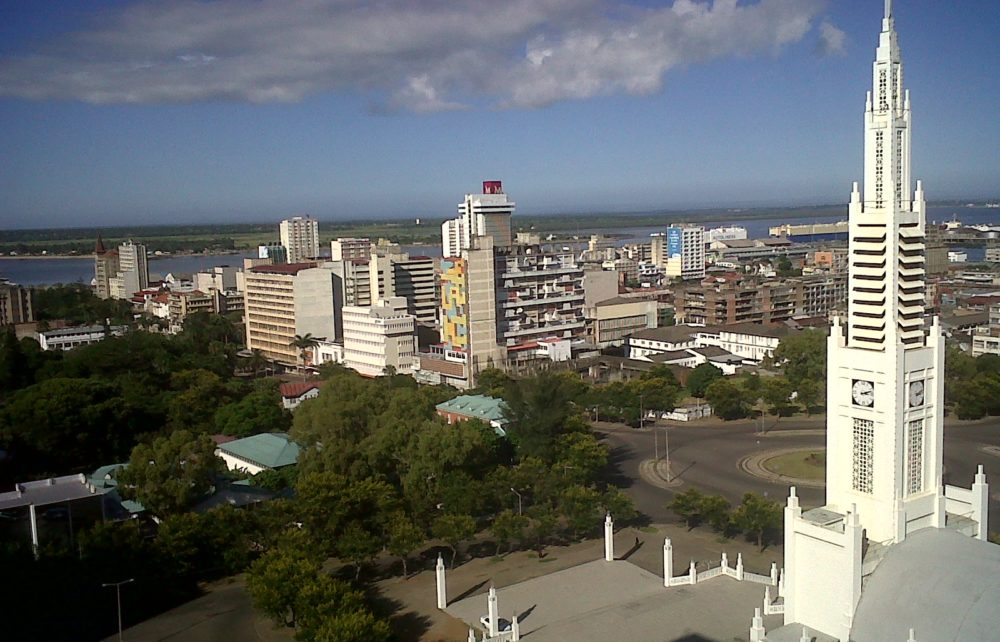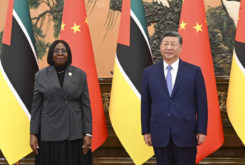European support for the State Budget and the recent G20 debt deal will help Mozambique shake current financial pressures, as the African country´s economy begins a recovery, according to the Economist Intelligence Unit (EIU).
After the G20’s debt-service suspension initiative deferred bilateral debt repayments until June 2021, on 2 November the European Commission and the Mozambican government signed a budget support programme worth EUR 100m to contain the fallout from the coronavirus (Covid19) pandemic.
The EU, together with other bilateral and multilateral partners, such as the IMF, cut off direct budgetary support to Mozambique in 2016 following the disclosure of the “hidden debt” scandal.
EU funds will now be channelled through direct budgetary support (via the National Treasury) over a period of two years, and financing will be focused specifically on helping to reduce the fallout from the coronavirus pandemic, with support for the education, healthcare and social protection sectors.
In addition to budget support, the European Commission will also provide technical assistance for government monitoring of spending under the programme, which “will help to strengthen public financial management through greater transparency and accountability”, according to the EIU.
In March the economy and finance minister, Adriano Maleiane, announced that the country had requested USD700m from its external partners to help it to address the negative economic effects arising from the pandemic and various bilateral and multilateral partners have since pledged aid and assistance to Mozambique.
Government revenue will have been hit hard in 2020 by reduced export receipts and a lower tax take as a result of the impact of the pandemic, with economic activity declining.
According to the EIU´s most recent report on Mozambique, the country has faced a “sharp drop in revenue”, while government expenditure “will have increased sharply in 2020 and (will) remain elevated in 2021 as healthcare spending and subsidy payments increase in response to the outbreak”, but in 2021 revenue will increase slightly, “owing to a pick-up in export receipts and the tax take as economic activity gradually increases”.
Fiscal deficit is now estimated by the EIU at 14.1% of GDP, and should narrow to about 10% of GDP in 2021.
“Financing from the European Commission will help to cover some of these deficits, although additional aid financing will be needed. We continue to believe that considerable aid financing will come in, and that more is likely to be required as financing gaps remain large”, the EIU says.
Given the government’s limited access to new debt, it adds, “private-sector partners will play an important and growing role in the development of the gas sector” in Cabo Delgado province.
Securing an IMF deal will be crucial to restoring economic confidence more broadly, but the EIU expects that a deal will not be signed until the outstanding debt issue is resolved.
After contracting in 2020, real GDP will pick up in 2021-22 as the coal industry rebounds, and will accelerate from 2023 as the gas industry develops, according to the EIU´s estimates.




